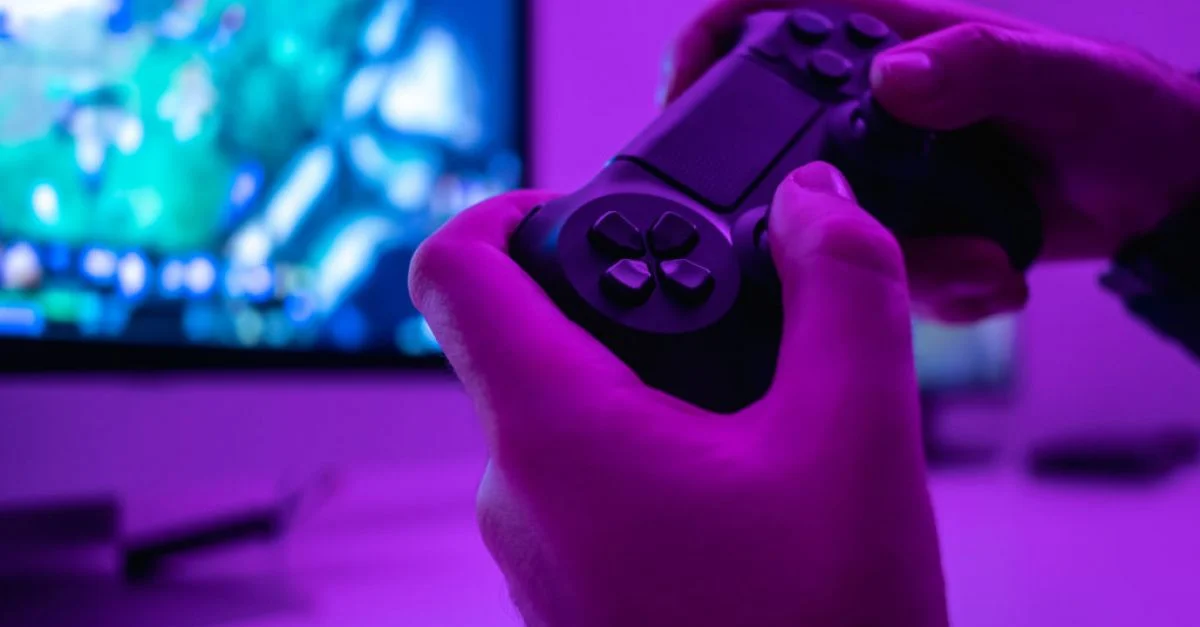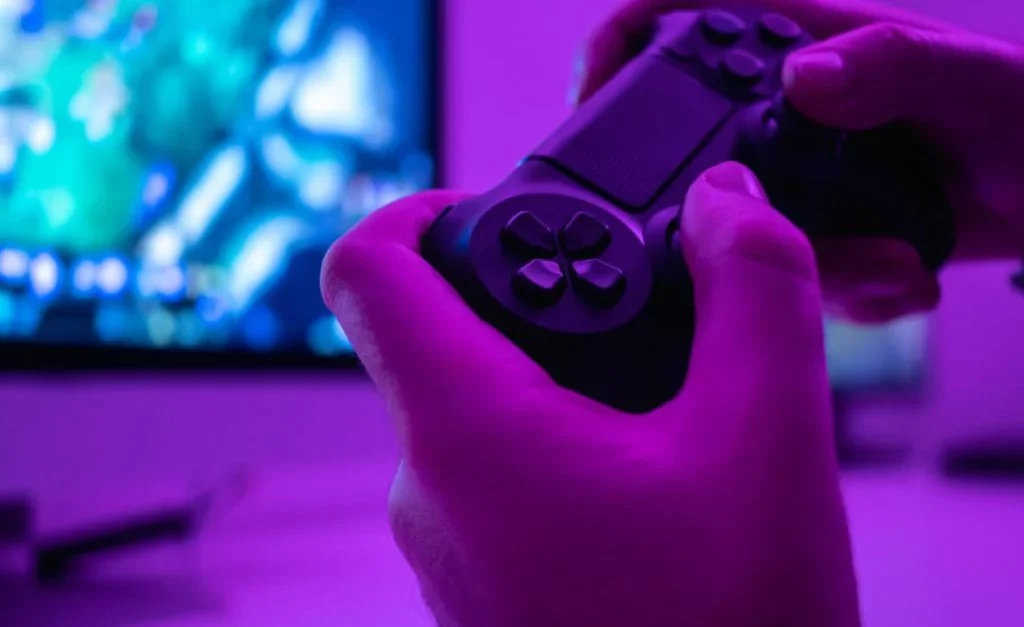The online gaming landscape has witnessed an awe-inspiring metamorphosis since its inception. Think back to the elementary graphics of the 90s, where interaction meant competing against an AI-controlled character.
Now, we’ve evolved to a realm where players from across the globe battle, cooperate, and interact in real time, emphasizing the need for an impeccable internet connection.
This evolution has been prompted by the growing intricacy in games, where every millisecond matters, determining victory or defeat. Understanding this journey is crucial, specifically how next-generation internet connectivity has been pivotal in shaping today’s online gaming dynamics, is crucial.
The Influence of Broadband on Online Gaming
Stepping into the early 2000s, a silent revolution was underway, the dawn of broadband connections. Before this, the turbulent waters of dial-up connections meant seamless multiplayer gaming was a dream. Broadband was the game-changer. It was like stepping into an expansive universe from a confined room.
Multiplayer games began to flourish, offering the chance to play alongside or against another human, miles away, in real time. But this wasn’t without its challenges. Technical issues like packet loss or latency became new enemies to defeat. You’d understand if you’ve ever been in the middle of an intense game and suddenly froze.
Consistent upload and download speeds were no longer a luxury but a necessity. This was the era where terms like ‘ping’ became common parlance for gamers as they realized the profound impact of a robust and stable connection on gameplay.
Transition to Fiber and Its Game-Changing Speeds
As games evolved, the demand for quicker and more reliable connections became even more pressing. Enter fiber-optic technology, a beacon in the world of internet connectivity. This wasn’t just a step; it was a giant leap. With speeds incomparable to its predecessors, fiber connections promised a gaming experience as smooth as silk.
The profound impact of fiber was evident in massively multiplayer online games (MMOs). Imagine coordinating with thousands of players, each with their roles, strategies, and moves. Only fiber could make this a reality without any perceptible lag.
It wasn’t just about speed, either. This robust connection allowed for intricate details in game design, facilitating lifelike graphics, richer textures, and expansive game worlds that felt almost parallel to reality.
5G: The Future of Mobile Online Gaming
Now, shift your gaze from the expansive universe of PC and console gaming to the compact dynamism of mobile gaming. The convenience of having a gaming device in your pocket has led to a meteoric rise in mobile gaming’s popularity. Yet, mobile connectivity always seemed to lag.
5G is here to change that narrative. This isn’t just about faster internet; it’s about redefining what online mobile gaming can be. With its ultra-low latency and supercharged speeds, 5G promises an experience that can rival, if not surpass, traditional gaming setups. Take, for example, platforms such as 32red live casino. Here, gamers expect live interactions, real-time streaming, and gameplay as dynamic as being in a physical casino. With 5G, these expectations aren’t just met but exceeded.
The advent of 5G isn’t confined to specific genres. Whether immersed in a strategy game, orchestrating a team in a sports game, or simply trying your luck at a card game, the touch of 5G is palpable. Also, 5G paves the way for cloud gaming and game streaming, making high-end gaming experiences accessible to an even wider audience.

